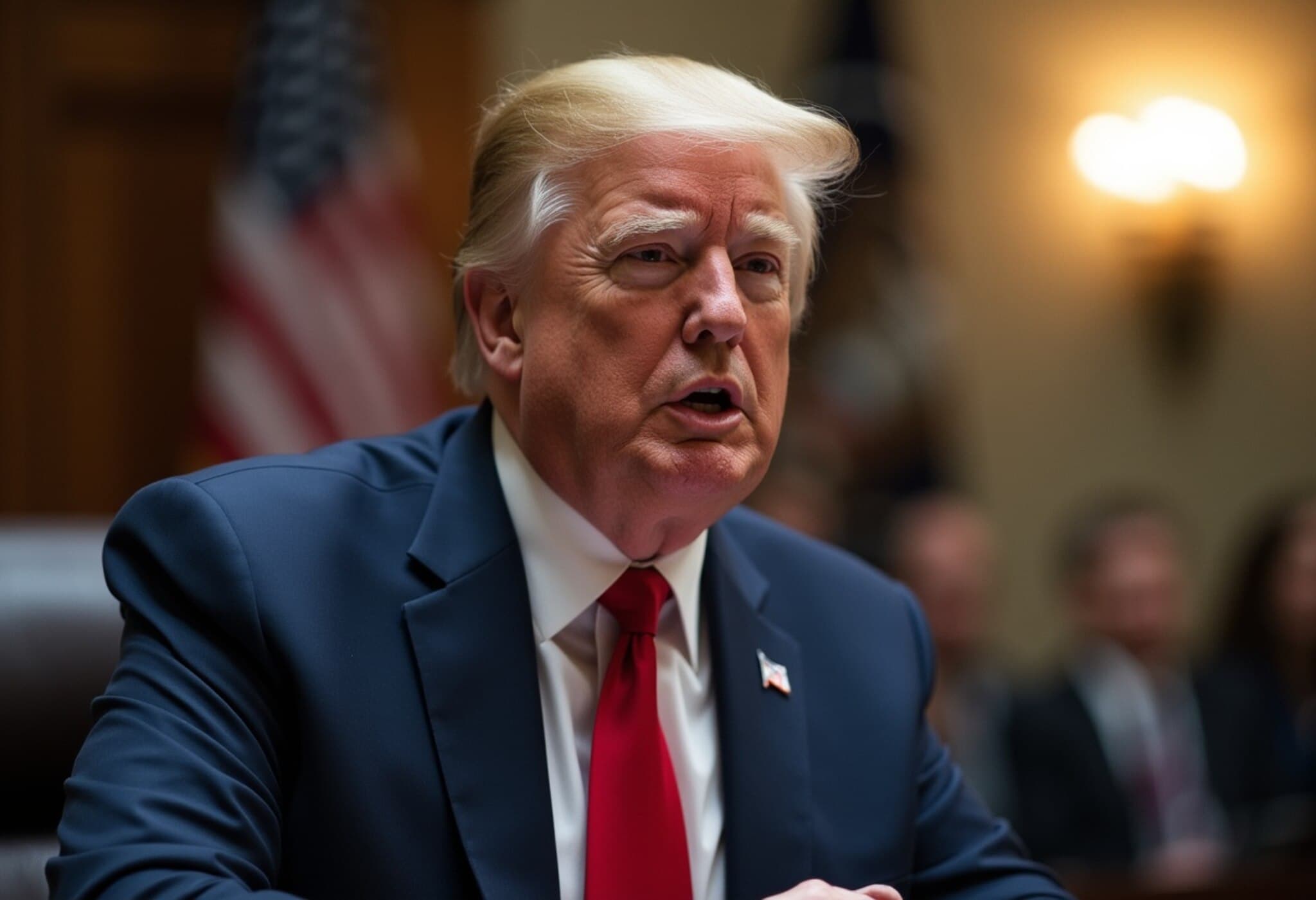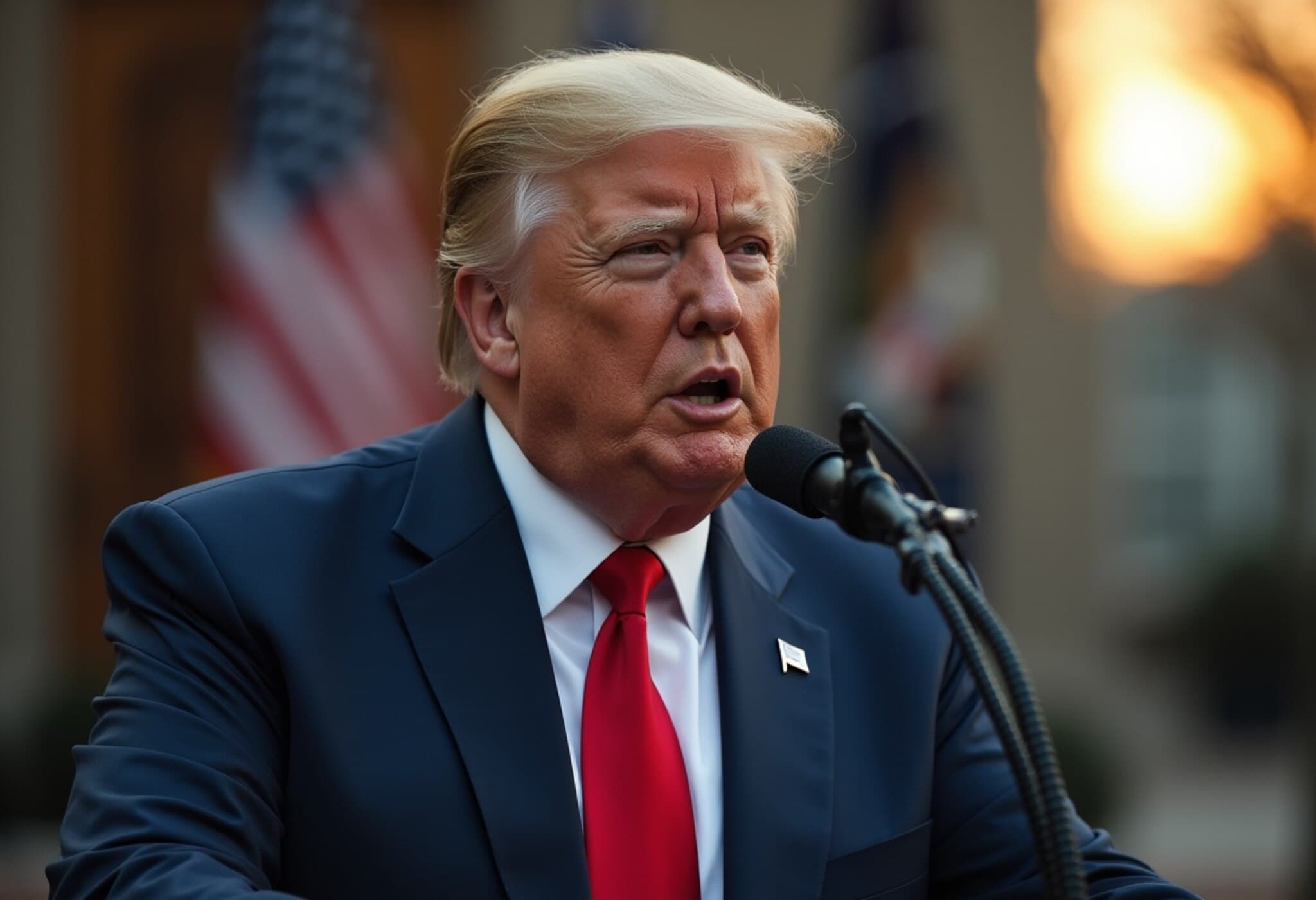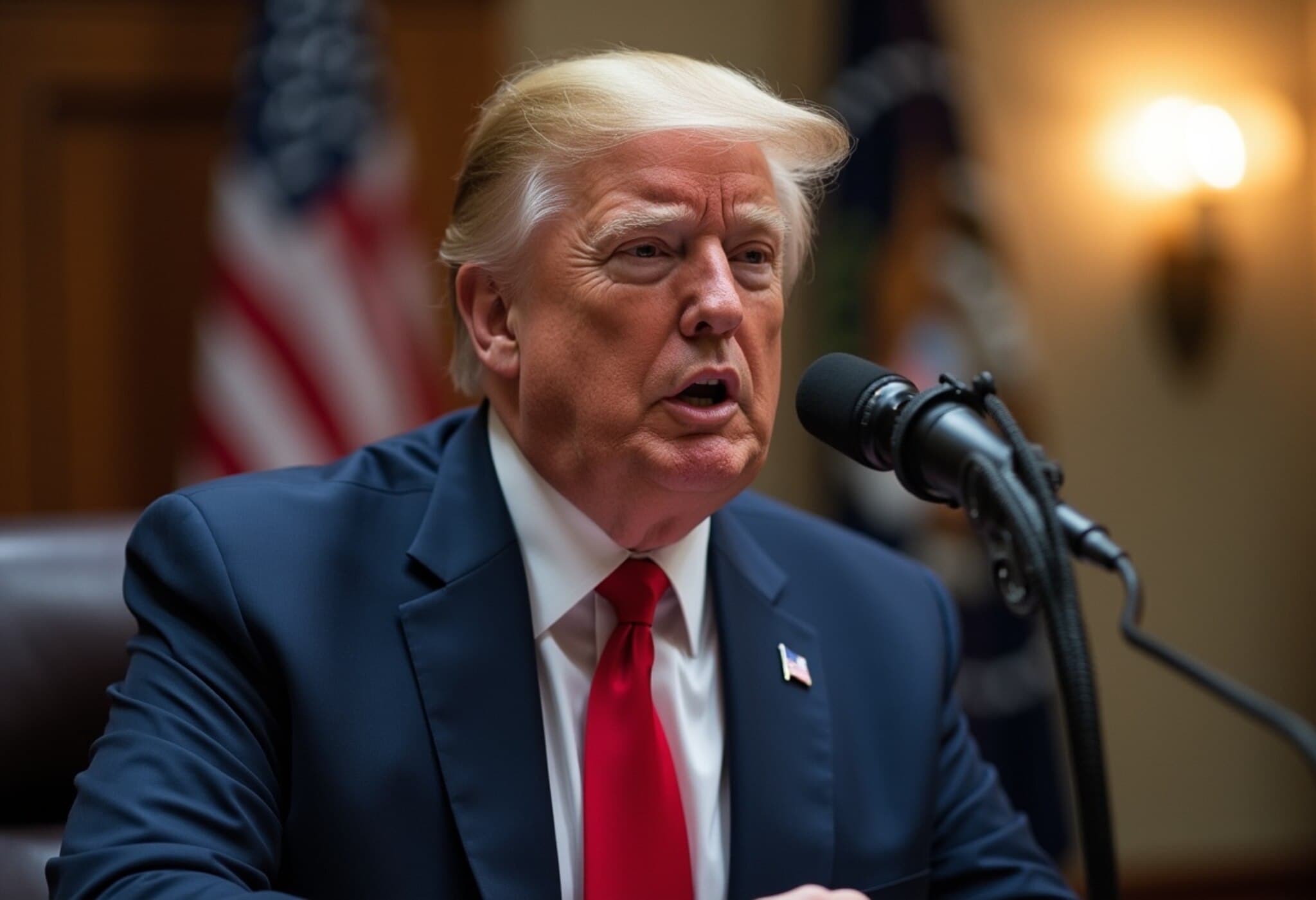Trump Amplifies Job Report Conspiracy Theories as White House Stands by BLS Leadership Change
In an unexpected move that has stirred political and economic debate, President Donald Trump publicly accused the federal government of manipulating the latest jobs report, branding it as “rigged” without providing substantive proof. The contentious remarks come alongside the administration’s defense of its decision to abruptly terminate Erika McEntarfer, head of the Bureau of Labor Statistics (BLS), the agency responsible for compiling critical employment data.
Allegations of Data Manipulation and Sabotage
On Monday, President Trump suggested on social media that Friday’s weaker-than-anticipated employment figures were deliberately skewed, claiming previous monthly job growth revisions were “concocted” to downplay Republican success. This echoes a narrative that any inconvenient economic data conflicting with the administration’s messaging is suspicious or purposefully altered by entrenched government employees resistant to the president.
National Economic Council Director Kevin Hassett reinforced these sentiments during a Monday interview, stating, “All over the U.S. government, there have been people who have been resisting Trump everywhere they can.” Hassett further alluded to a plan to overhaul BLS staffing with what he described as “highly qualified people” offering a “fresh set of eyes,” ostensibly aimed at restoring the agency’s credibility.
Understanding the Complexity Behind Jobs Data Revisions
Economic experts emphasize that jobs report revisions are standard practice, reflecting the challenges of collecting huge volumes of data from businesses nationwide. Initial reports often rely on incomplete or preliminary data, with subsequent updates incorporating more comprehensive inputs, thereby improving accuracy over time.
William Beach, a former BLS commissioner appointed by the Trump administration, criticized the firing of McEntarfer, noting, “The commissioner doesn’t collect the numbers and only sees the data shortly before publication.” His remarks highlight the fallibility of claims suggesting corruption or deliberate manipulation at the leadership level.
The Political Stakes of Employment Data Integrity
This controversy resurrects familiar themes from recent political history, including Trump’s former attempts to question the legitimacy of election results. By linking the jobs report controversy to his previous claims about rigged elections, the president signals a broader distrust in institutions that produce data and statistics crucial for policymaking and public confidence.
The White House’s public posture places significant pressure on independent statistical agencies, raising critical questions:
- How can government agencies maintain transparency and trust when political interference is alleged?
- What safeguards exist to protect objective data collection from political influence?
- What are the broader implications for markets and public policy when foundational economic data is politicized?
Economic and Public Policy Implications
The importance of reliable employment data extends beyond politics—it influences Federal Reserve decisions, investor confidence, and social welfare policies. Casting doubt on these numbers without evidence risks undermining stakeholders’ ability to respond effectively to economic conditions. The BLS’s role as a neutral arbiter is vital for maintaining economic stability and informed decision-making across sectors.
Editor’s Note
While job statistics inevitably evolve as data matures, accusations of deliberate manipulation carry serious consequences for institutional trust. This episode invites reflection on the delicate balance between political oversight and the independence of statistical bodies. Readers should consider how to discern genuine data concerns from partisan rhetoric and the long-term risks when economic realities become battlegrounds for political narratives.



















